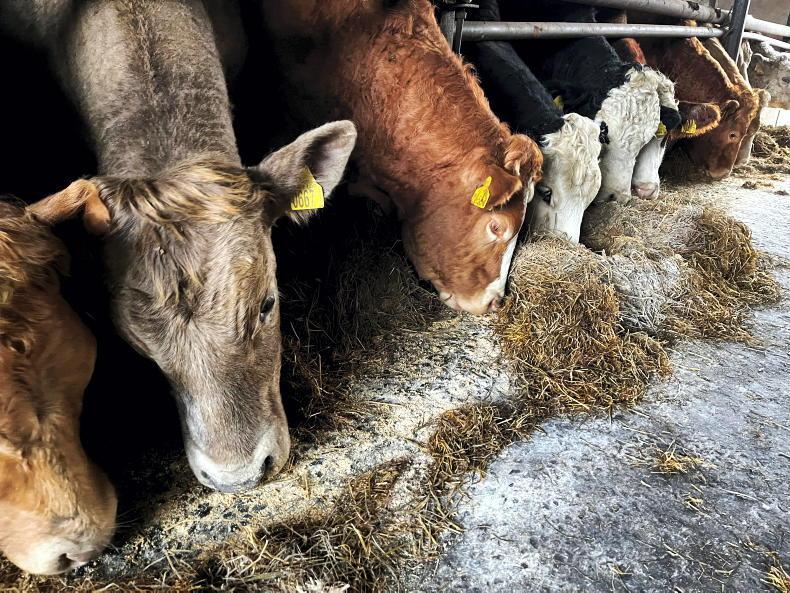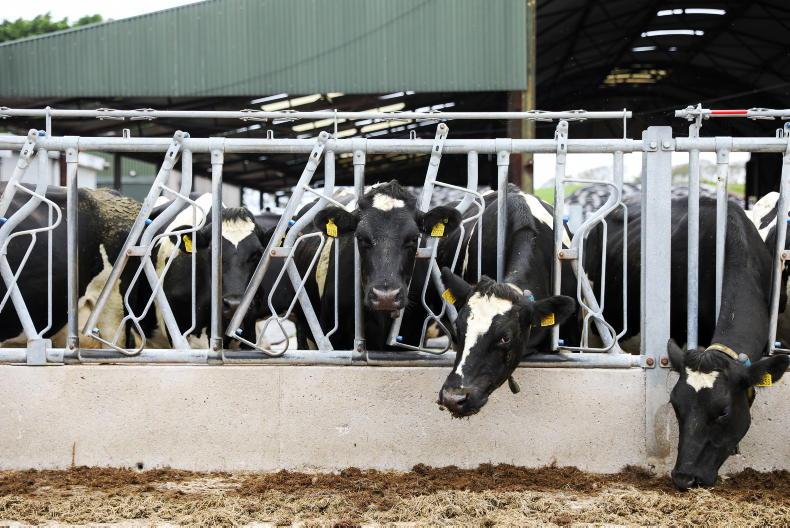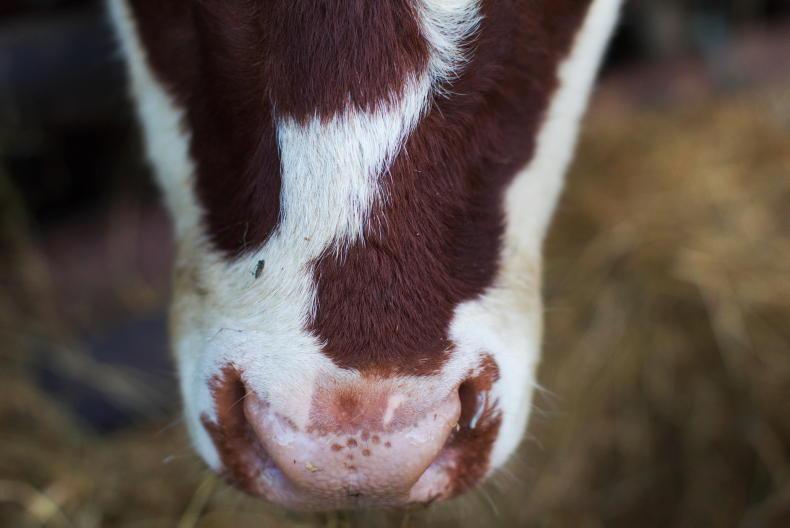It is critical all livestock farmers in Ireland maintain vigilant for suspicions of bluetongue as the country enters a higher risk period for the virus with increased midge activity, the Department of Agriculture has said.
The bluetongue virus is spread by infected biting midges. This type of midge is present in Ireland and generally most active between April and November.
As temperatures begin to rise, the risk of bluetongue transmission in Europe increases.
In the latest Department update on bluetongue, farmers were asked to report any suspicions of bluetongue to their local regional veterinary office (RVO) without delay.
The island of Ireland is currently bluetongue-free, but the disease could spread to Ireland and circulate through importing infected animals, infected foetuses, germinal products or wind dispersal of infected midges from mainland Europe.
The first bluetongue serotype three (BTV-3) case in England resulted in a ban on cattle, sheep and other ruminants moving to the island of Ireland last year.
The Department for Environment, Food and Rural Affairs (DEFRA) said there is no evidence that bluetongue is currently circulating in midges in Britain.
The Netherlands
It is estimated that 95% of Dutch sheep farmers have vaccinated their flocks against BTV-3, according to the Dutch minister for agriculture.
Three vaccines against BTV-3 have been authorised for emergency use in the Netherlands, with all three given approval in May.
The decision was made in the Netherlands to begin vaccinating sheep first in May to reduce clinical disease and mortality associated with the disease.
There have been two Dutch cases of BTV-3 in sheep in 2024. Once such case involved a single sheep in Ommeren in June.
The affected animal had not been vaccinated due to previous illness. BTV-3 was confirmed by PCR test following the suspicion of bluetongue based on clinical signs.
The other vaccinated sheep in the flock have not shown any clinical signs of illness.
The total number of confirmed cases of BTV-3 in the epidemic of 2023/2024 in the Netherlands is 5,996, with this strain of the virus first being detected here in September 2023.
Other countries across Europe are continuing to deal with different strains of the bluetongue virus.
Germany and Belgium confirmed cases of BTV-3 earlier this year. While BTV-3 has not been reported in France, two strains of BTV-8 have been confirmed.
Bluetongue continues to circulate in Spain despite a vaccination and an eradication programme, with recent strains of BTV-1 and -4 confirmed.
Multiple outbreaks of BTV-3, -4 and -8 have been reported across Sardinia in Italy. In Sicily, there were outbreaks of BTV-4.
In mainland Italy, there have been multiple reported outbreaks of BTV-4 and a single outbreak of BTV-8 in December 2023 for the first time.
Bluetongue does not affect human health or food safety. However, if bluetongue entered Ireland, it would have serious trade implications for live animals and germinal products.
Bluetongue can affect all ruminant species and camelids. Cattle, sheep, goats, deer, llamas and alpacas are species found in Ireland which could become infected.








SHARING OPTIONS